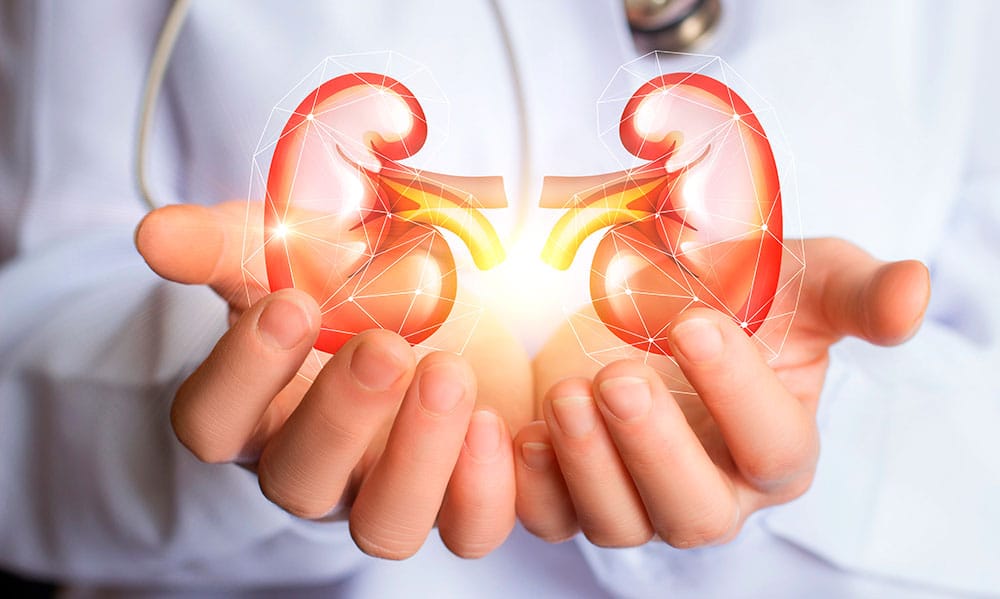Calls for Ukraine
Calls for Europe
Calls for USA

A kidney transplantation is a procedure that involves transplanting a kidney from a person (related or unrelated donor). Transplantation can be carried out both from living and from cadaveric material. This operation is the simplest and most frequent in transplantology.
The indication for kidney transplantation is terminal chronic renal failure, this condition can develop in diseases such as:
Surgeons perform kidney transplants from relatives, unrelated donors (husband/wife, volunteer or through a cross-transplantation program), and cadaveric donors. Preparing for a kidney transplantation is not difficult for the patient.
If there is an indication for a kidney transplantation operation and there is a donor, doctors conduct a compatibility test, which consists of 3 stages:
In addition, there is a standard list of necessary tests:
In some cases, when the cause of transplantation is an oncological disease or polytrauma, the list of necessary examinations may be longer.
Kidney transplantation is performed under general anesthesia and laparoscopically. Even with oncological diseases, open surgeries are rarely performed in modern foreign clinics.
During the operation, the following stages can be distinguished:
Interesting facts:
A kidney transplant operation takes about an hour on average.
The surgical risks of kidney transplantation are the following:
The first 1-2 days the patient spends in the intensive care unit. At this time, doctors monitor whether there are infectious complications, an acute rejection reaction, and also monitor the condition of the transplanted kidney and the general condition of the patient. Kidney function may not start immediately, so the patient still needs dialysis. After the new kidney begins to filter urine, the patient is transferred to a regular ward. After a few days, the patient leaves the clinic.
After that, a serious restriction of physical activity, especially weight lifting, is required for about 6 weeks.
If there are no complications, the patient may return to the normal activity level approximately 8 weeks after discharge from the hospital.
Kidney transplantation does not impose great restrictions on the patient, except that immunosuppressive drugs will have to be taken for life. The risk of rejection is greatest immediately after transplantation and during the first year, however, graft rejection may occur afterward. This process cannot be predicted, so the patient must not only regularly take prescribed medications, but also not neglect tests and diagnostic procedures, and also be in constant communication with the attending physician.
The main risk after a kidney transplantation is rejection of the transplanted kidney, and the main complication is the risk of infectious diseases, which increase with immunosuppressive therapy. Kidney transplant patients often have to take antibacterial and antiviral drugs, avoid hypothermia and contact with sick people. Otherwise, the life of such patients has no restrictions.
Doctors also distinguish the following complications after kidney transplantation:
These complications, as a rule, are not manifested to such an extent as to threaten the patient’s life or its quality.
The LIV Istinye Clinic is one of the best kidney transplantation centers in the world. This is a medical institution with the best and most innovative equipment, so it uses the most modern methods of therapy, and doctors LIV Istinye take on the most difficult cases. For transplants, LIV Istinye has its own organ transplantation center. This center is run by Dr. Ayhan Dyjkan, who personally performed about 5,000 kidney transplants.
In LIV Istinye, kidney transplants are also carried out in children. The average percentage of organ engraftment in the Transplantation Department of the LIV Istinye Clinic is 91.7%.
Please rate the work of MedTour
